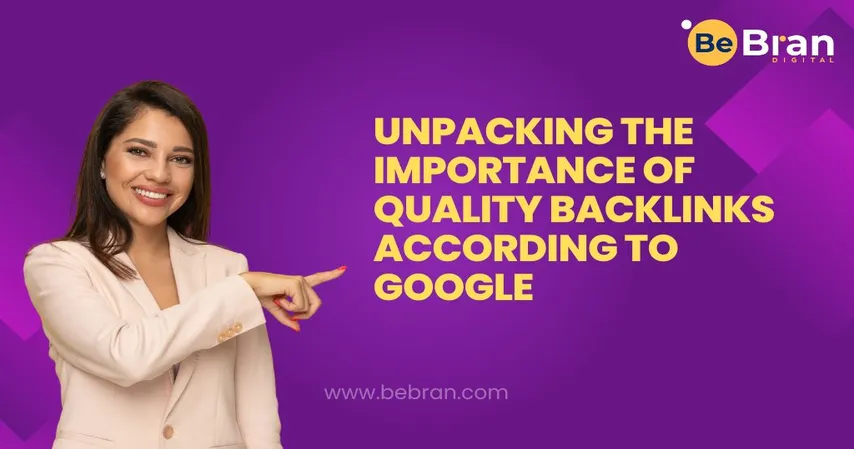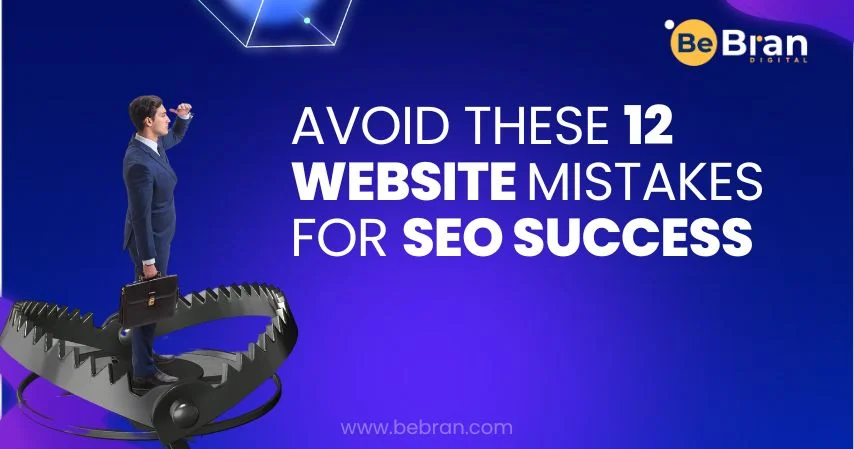Q.1 What is an Enterprise SEO Audit and how does it differ from a regular SEO audit?
An Enterprise SEO Audit is a comprehensive evaluation of a large-scale website's SEO strategy, typically for large organizations or websites with extensive content. It's more complex than a regular SEO audit due to the size, scope, and scale of enterprise websites.
Q.2 Why is an SEO Audit important for my business website?
An SEO audit is crucial for identifying strengths and weaknesses in your website’s SEO strategy. It helps in uncovering technical issues, content gaps, and opportunities for optimization, essential for improving search engine rankings and online visibility.
Q.3 How often should an Enterprise SEO Audit be conducted?
For enterprise websites, it's recommended to conduct an SEO audit at least bi-annually due to the dynamic nature of SEO and the frequent updates in search engine algorithms. Regular audits help in keeping up with these changes and maintaining a competitive edge.
Q.4 What are the key components of an SEO Content Audit?
An SEO Content Audit involves analyzing the quality, relevance, and performance of website content. Key components include checking for keyword optimization, content freshness, user engagement metrics, and alignment with user intent.
Q.5 Can an SEO Audit help in identifying technical SEO issues?
Yes, a significant part of an SEO Audit is to identify technical issues such as broken links, crawl errors, slow page speeds, and issues with mobile responsiveness, which can negatively impact search engine rankings.
Q.6 What role does user experience (UX) play in an Enterprise SEO Audit?
User experience is a critical factor in SEO. An Enterprise SEO Audit assesses aspects of UX like site navigation, page load speeds, mobile-friendliness, and overall website design, as these factors significantly influence search engine rankings and user retention.
Q. 7 How does an SEO Audit evaluate backlink quality?
An SEO Audit evaluates the quality and relevance of backlinks to your site. It involves analyzing the authority of linking sites, the relevance of link context, and identifying potentially harmful or spammy backlinks.
Q.8 What impact does an SEO Content Audit have on content strategy?
An SEO Content Audit can significantly refine your content strategy. It helps in identifying content that performs well, areas where content is lacking, and opportunities for new content creation, ensuring the content strategy aligns with SEO goals.
Q.9 In what ways can an Enterprise SEO Audit improve website traffic?
By identifying and rectifying SEO issues, improving content quality, and enhancing the overall user experience, an Enterprise SEO Audit can lead to better search engine rankings, thus increasing organic website traffic.
Q.10 Are keywords still important in an Enterprise SEO Audit?
Absolutely, keywords remain a fundamental element of SEO. An Enterprise SEO Audit evaluates keyword usage and optimization across the site, ensuring that content is discoverable and relevant to target audiences.







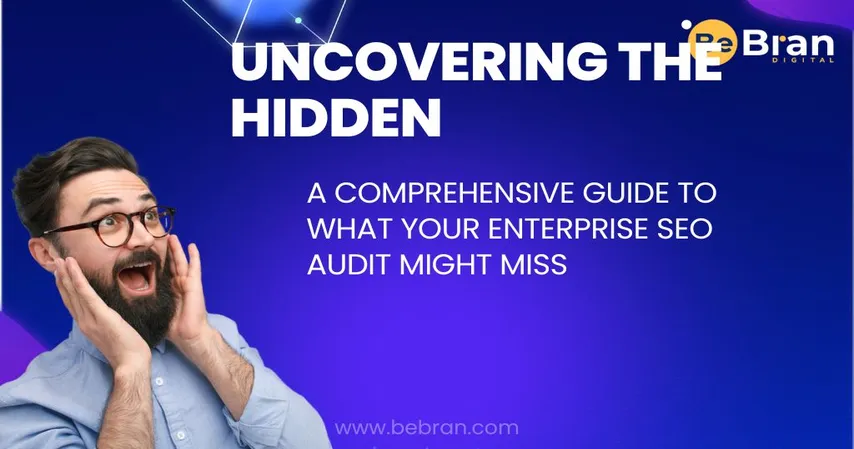




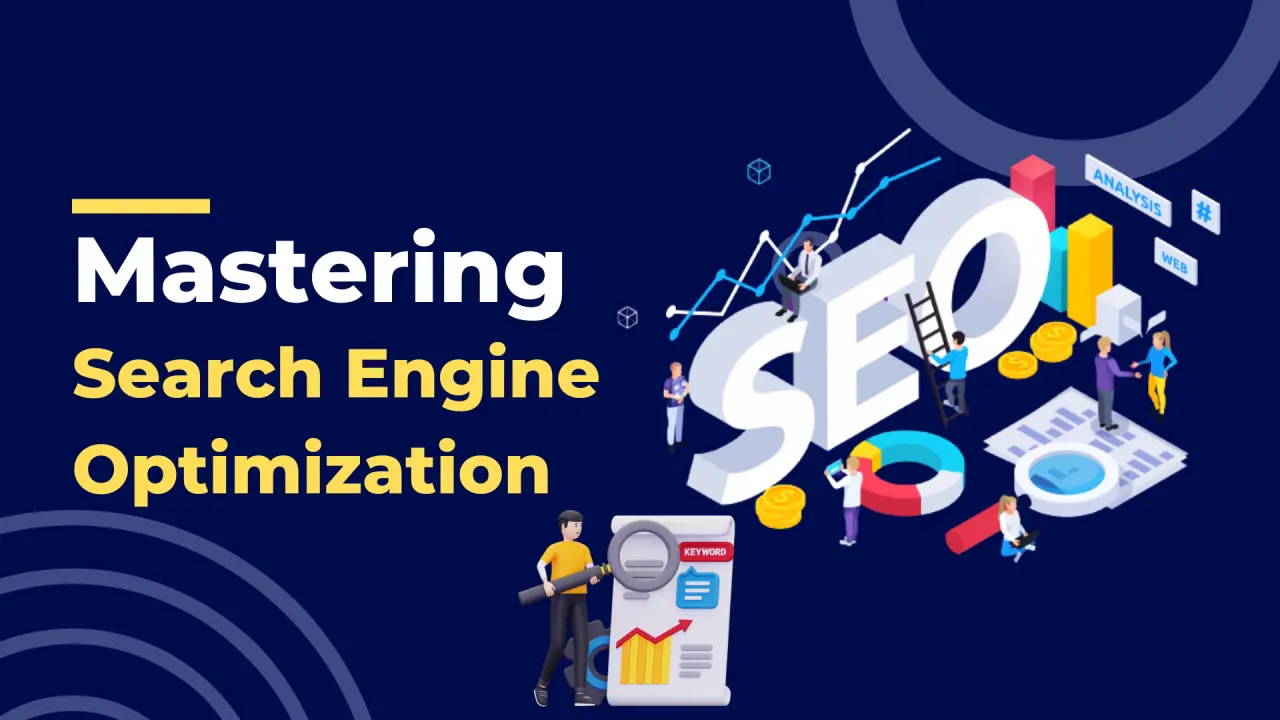









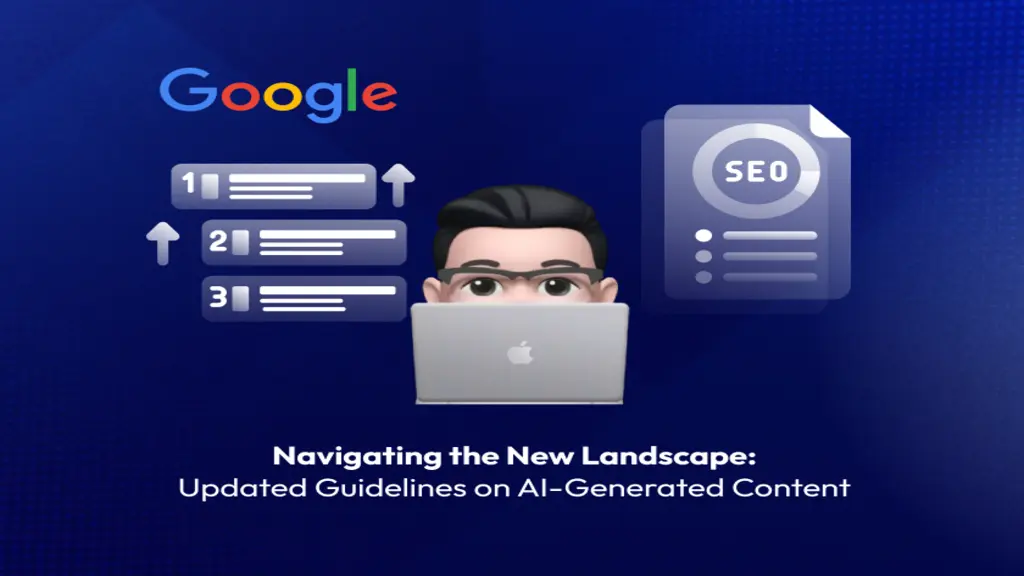

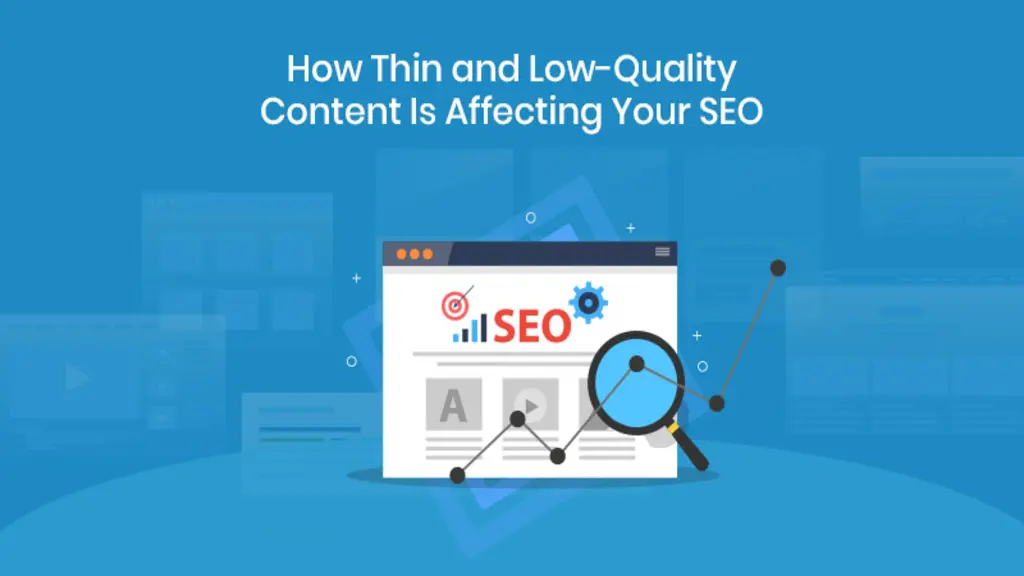





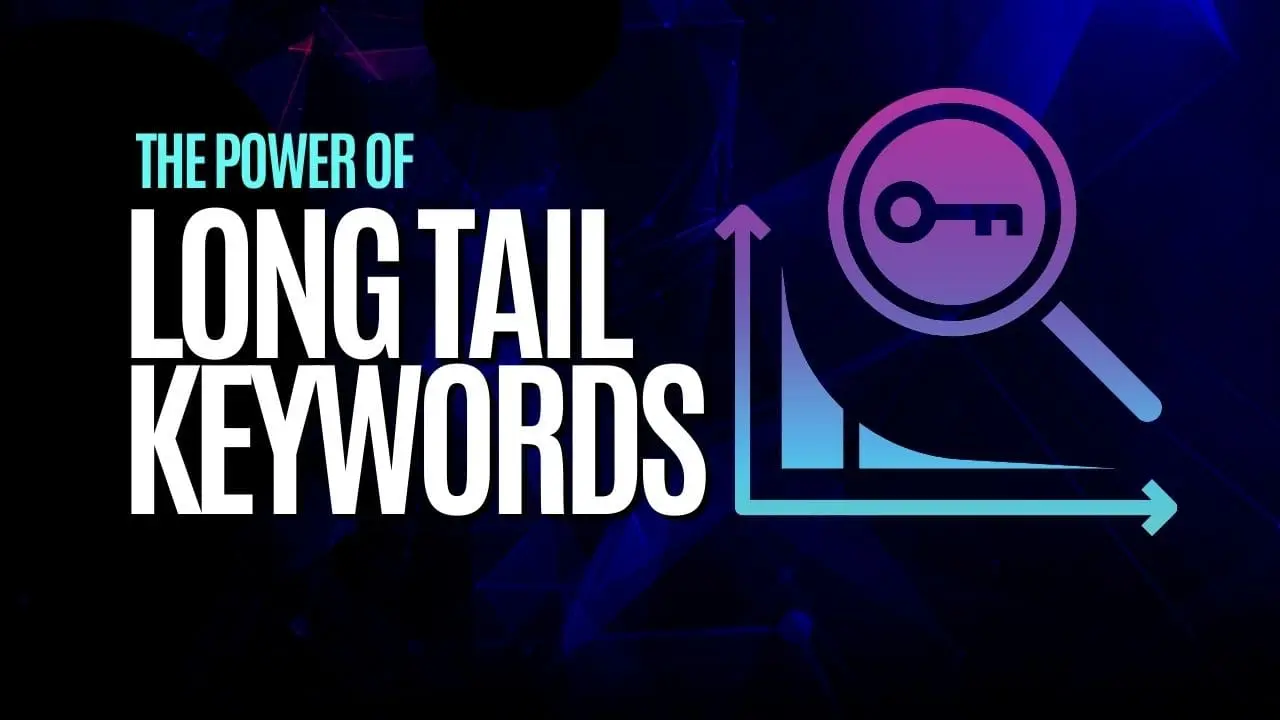






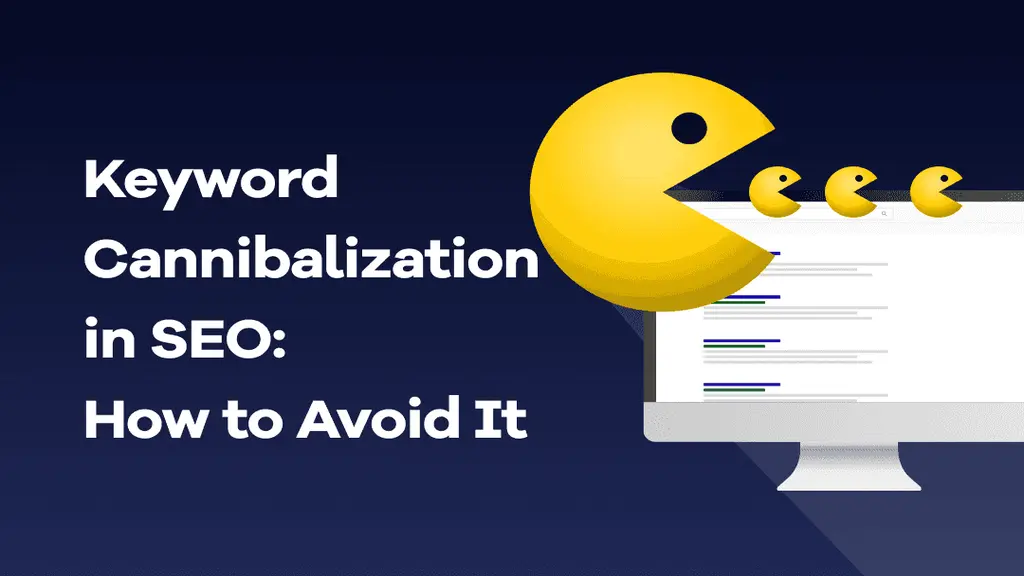

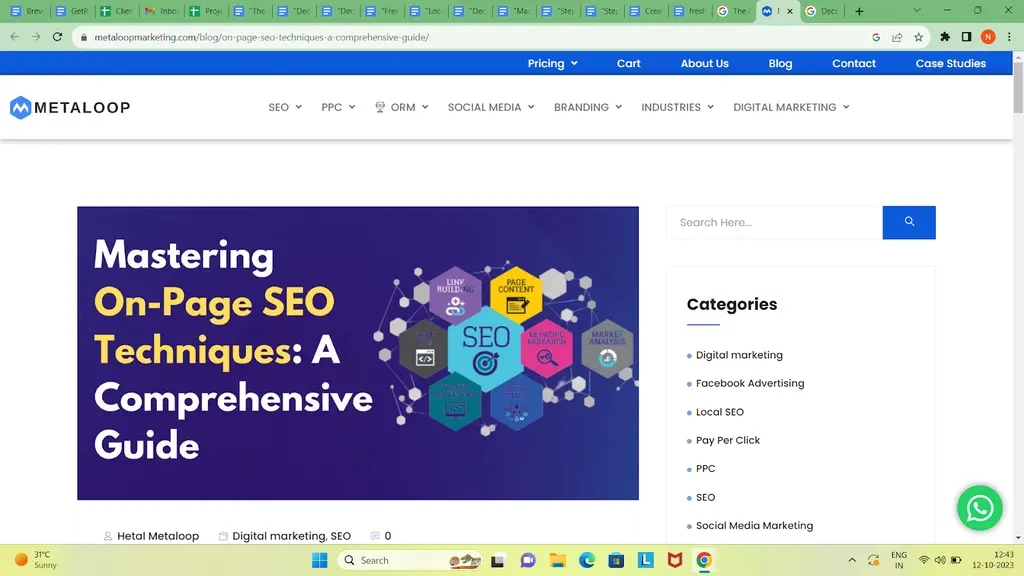










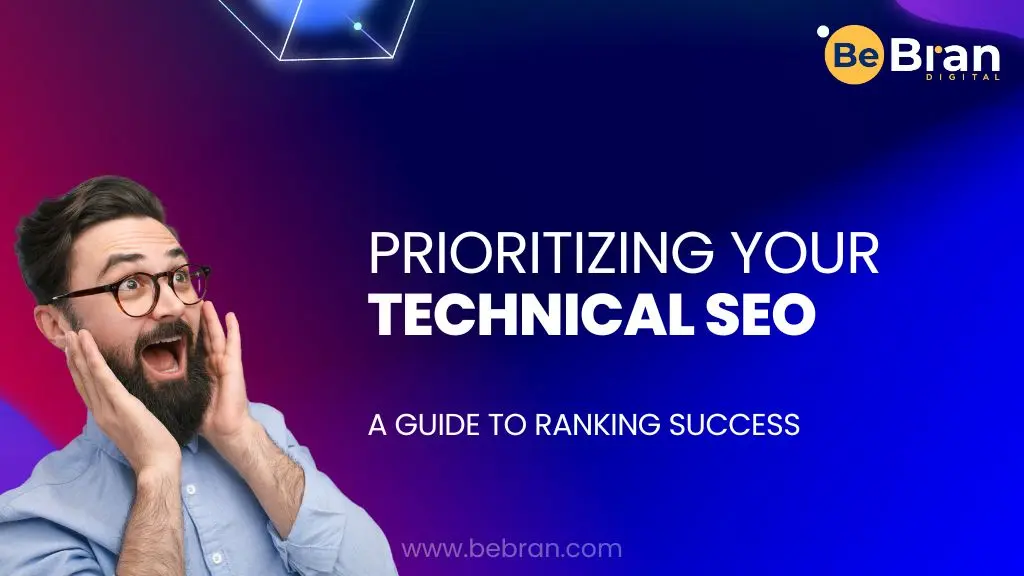

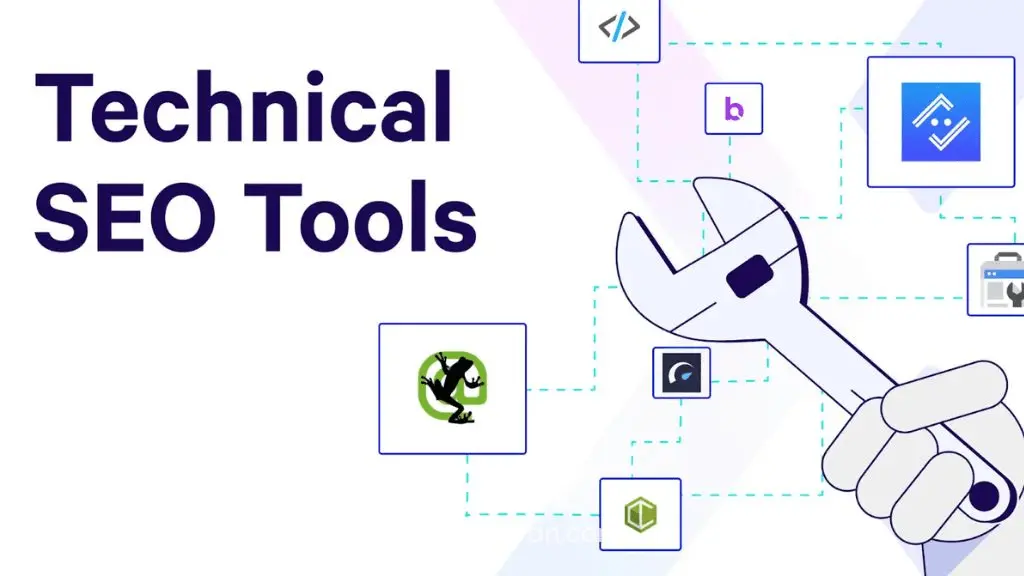



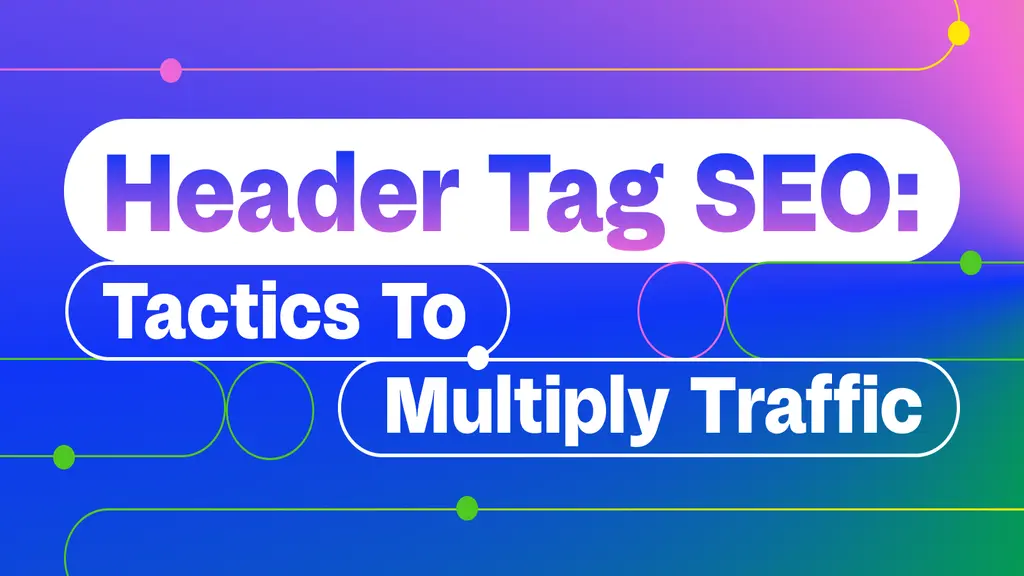

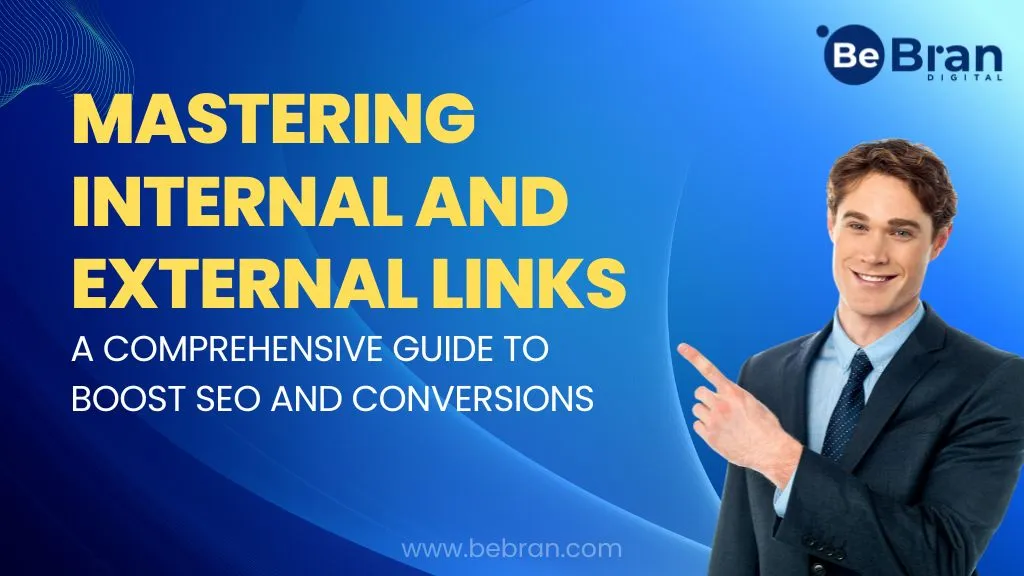










![1707475220 Bebran[1]](https://bebran.com/public/uploads/1709129094_1707475220_bebran[1].webp)

![1707475220 Bebran[1]](https://bebran.com/public/uploads/1709132759_1707475220_bebran[1].webp)

![1707475220 Bebran[1]](https://bebran.com/public/uploads/1709133996_1707475220_bebran[1].webp)
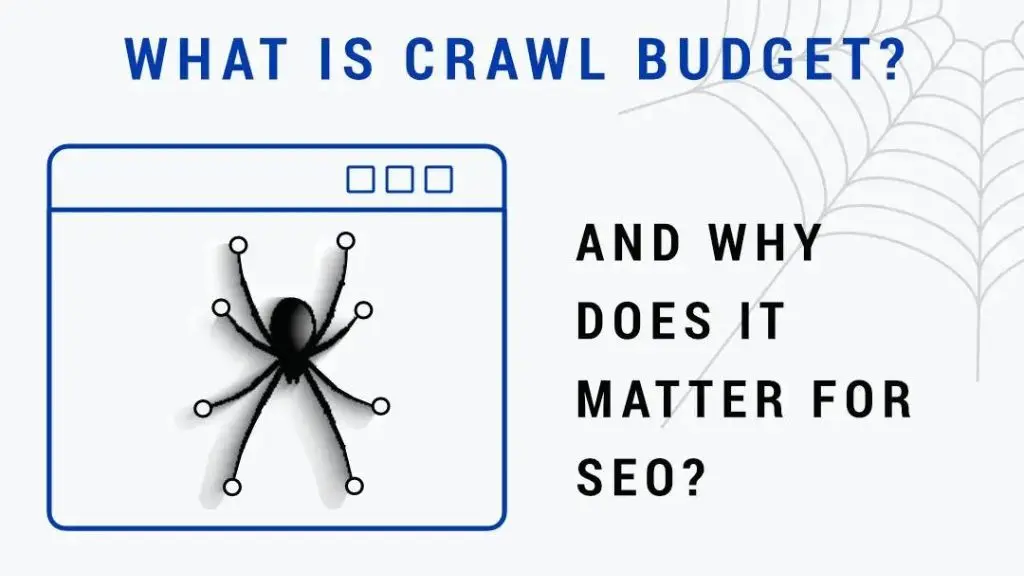
![1707475220 Bebran[1]](https://bebran.com/public/uploads/1709135250_1707475220_bebran[1].webp)

![1707475220 Bebran[1]](https://bebran.com/public/uploads/1709135874_1707475220_bebran[1].webp)

![1707475220 Bebran[1]](https://bebran.com/public/uploads/1709136770_1707475220_bebran[1].webp)

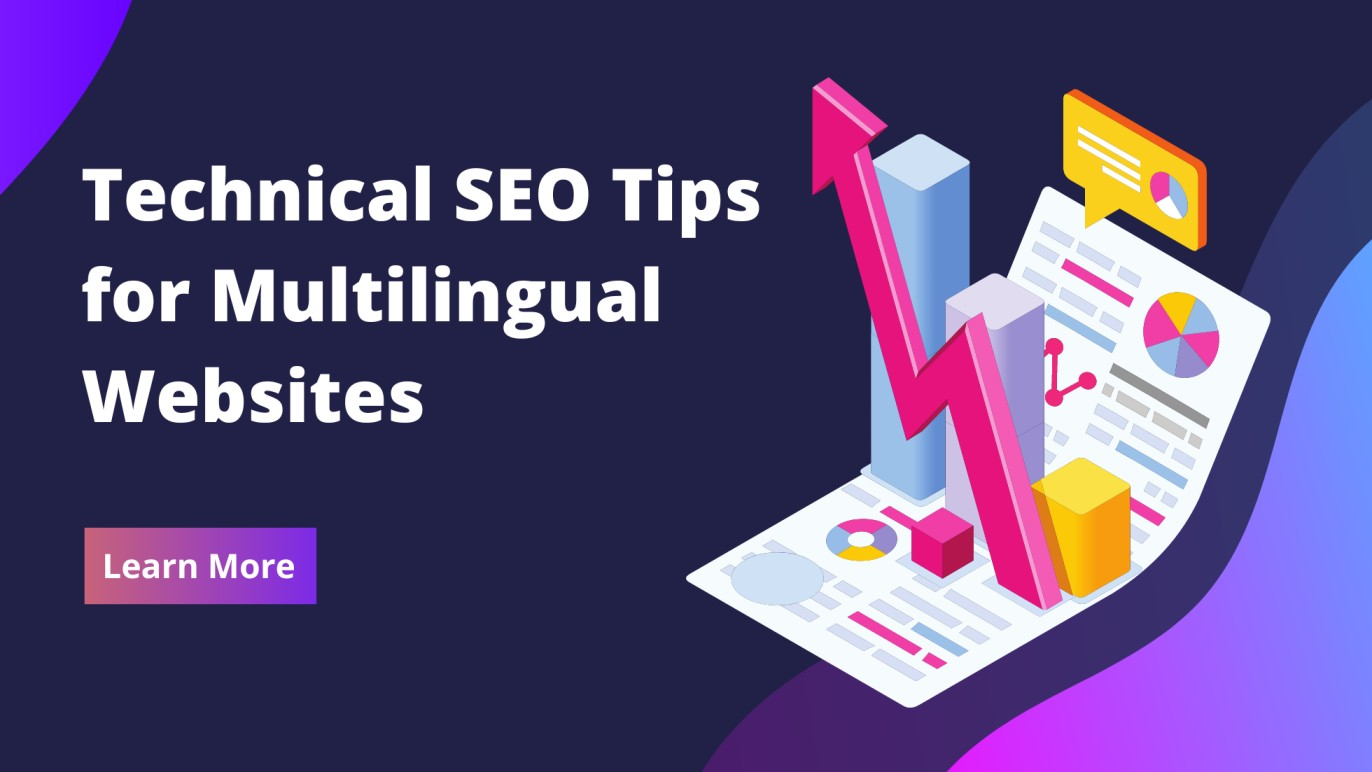





![1707475220 Bebran[1]](https://bebran.com/public/uploads/1709188948_1707475220_bebran[1].webp)

![1707475220 Bebran[1]](https://bebran.com/public/uploads/1709190426_1707475220_bebran[1].webp)







